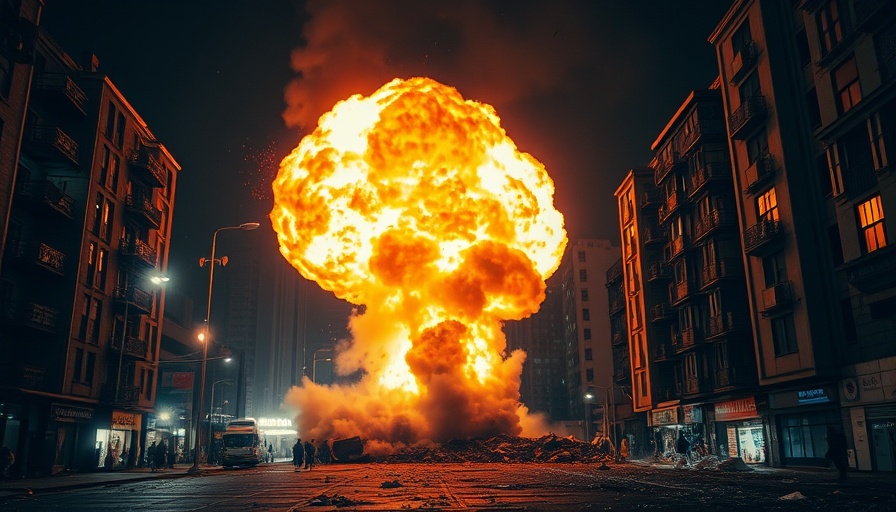
Understanding Israel's Strategic Military Actions Against Iran
The ongoing tension between Israel and Iran has escalated significantly in recent months, sparking a flurry of military strikes that have profound implications for regional and global stability. Israel’s strikes on Iranian targets, which have been captured in videos and noted on strategic maps, signify a clear and aggressive strategy aimed at curtailing Iran’s influence, particularly regarding its nuclear ambitions and military operations in Syria and Lebanon.
The Role of Technology in Modern Warfare
Today, military operations are often conducted with a significant reliance on technology. The use of drone strikes and precision-guided munitions by Israel highlights the evolving landscape of warfare where intelligence and surveillance capabilities play a pivotal role. These technological advancements allow Israel to execute operations with a high degree of accuracy, minimizing collateral damage while targeting critical Iranian infrastructure.
Historical Context of Israel-Iran Relations
The relationship between Israel and Iran has been fraught with hostility since the Islamic Revolution in 1979. What was once a strategic partnership has morphed into one of the most contentious rivalries in the Middle East, marked by proxy conflicts, espionage, and relentless rhetoric. Recent military actions from Israel are a continuation of this bitter history, reflecting an ongoing fear of Iranian expansionism that threatens Israel’s national security.
Local Repercussions: The Impact on Regional Stability
Israel's aggressive stance towards Iran does not only affect these two nations but sends ripples throughout the Middle East. Countries such as Syria and Lebanon, which have close ties to Iran, may retaliate or increase their military posturing in response to Israeli actions. This dynamic raises concerns about escalating conflicts that could destabilize an already fragile region, potentially triggering wider implications for global oil markets and diplomatic relations.
Potential Future Scenarios and Predictions
Looking ahead, several scenarios may unfold depending on Israel's continued military operations against Iran. If tensions escalate, we could see a broader confrontation that pulls in additional regional players. On the other hand, if diplomacy is prioritized, there may be opportunities for negotiations aimed at reducing hostilities. The outcomes remain uncertain, but the ongoing military actions will likely influence attitudes and policies both within the region and among global superpowers.
Insights for Global Business Communities
The military dynamics of Israel and Iran have implications not only for political analysts and historians but also for business communities worldwide. Increased tensions could affect economic stability in the region, influencing everything from investment flows to supply chain logistics. Corporations, particularly those involved in energy and technology sectors, need to navigate these complexities carefully to mitigate risks associated with operational disruptions and market fluctuations.
As military conflicts often have underlying economic motivations, businesses should stay informed about the evolving geopolitical landscape in the Middle East. This understanding aids in navigating complex scenarios that can directly impact international business ventures and economic forecasts.
 Add Row
Add Row  Add
Add 



Write A Comment